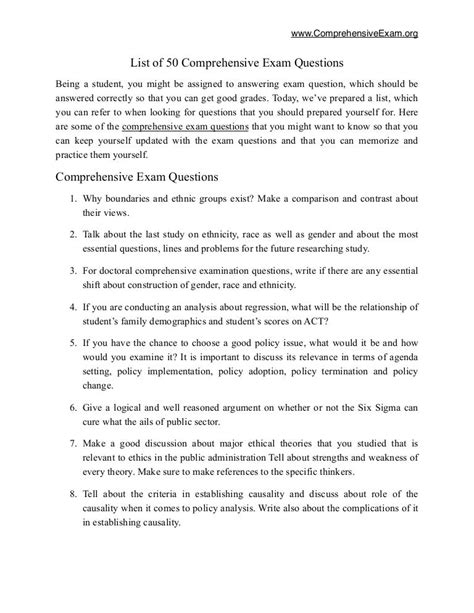The Deep South region of the United States, comprising Alabama, Arkansas, Florida, Georgia, Louisiana, Mississippi, North Carolina, Oklahoma, South Carolina, Tennessee, and Texas, has long faced unique challenges and disparities. Education, healthcare, and economic development are among the key areas that require urgent attention. This article delves into the deep-seated issues affecting the Deep South, examines the underlying causes, and proposes innovative solutions to address these persistent problems.

Education: Breaking Barriers to Advancement
Education is a cornerstone of social and economic progress. However, the Deep South lags behind other regions in several educational indicators. According to the National Center for Education Statistics (NCES), in 2019-2020, the high school graduation rate in the Deep South was 83%, compared to the national average of 85%. Additionally, only 58% of adults in the Deep South have a college degree or higher, compared to the national average of 63%.
Several factors contribute to these educational disparities. Poverty, limited access to quality early childhood education, and a shortage of qualified teachers in rural areas all play a significant role. To address these challenges, the Deep South must invest in early childhood education programs, provide incentives to attract and retain qualified teachers, and increase funding for under-resourced schools.
Healthcare: Ensuring Access and Affordability
The Deep South faces significant healthcare disparities compared to other regions. According to the Centers for Disease Control and Prevention (CDC), the Deep South has higher rates of chronic diseases such as heart disease, stroke, and diabetes. Additionally, poverty and lack of health insurance coverage limit access to quality healthcare for many residents.
To improve healthcare outcomes in the Deep South, policymakers must expand access to affordable health insurance, invest in community health centers, and implement public health initiatives to address chronic diseases. Telemedicine can also play a crucial role in increasing access to healthcare services in rural areas.
Economic Development: Fostering Growth and Opportunity
Economic development is essential for improving the quality of life in the Deep South. However, the region faces challenges such as a lack of diversification, limited job opportunities, and a low median income. According to the Bureau of Economic Analysis (BEA), in 2021, the median household income in the Deep South was $60,386, compared to the national average of $67,521.
To foster economic growth, the Deep South must attract new businesses, invest in infrastructure, and support workforce development programs. Promoting entrepreneurship and innovation can also create job opportunities and boost economic activity.
A Holistic Approach to Tackling Disparities
Addressing the challenges facing the Deep South requires a holistic approach that encompasses education, healthcare, and economic development. Collaboration between policymakers, community leaders, and stakeholders is crucial to ensure that solutions are tailored to the specific needs of the region.
In addition, data collection and analysis are essential for monitoring progress and identifying areas for further improvement. Regular assessments of educational attainment, healthcare outcomes, and economic indicators can provide valuable insights for policymakers to make informed decisions and allocate resources effectively.
Innovative Ideas for New Applications
The Deep South is home to a wealth of innovative thinkers and entrepreneurs. Encouraging creativity and supporting new ideas can lead to the development of novel solutions to address the region’s challenges. For example, “medtech innovation clusters” can bring together researchers, clinicians, and businesses to develop new technologies and treatments for chronic diseases prevalent in the Deep South.
Tables for Data Visualization
| Metric | Deep South | National Average |
|---|---|---|
| High School Graduation Rate (2019-2020) | 83% | 85% |
| Adults with College Degree or Higher (2019-2020) | 58% | 63% |
| Chronic Disease Prevalence (2020) | 15% | 12% |
| Median Household Income (2021) | $60,386 | $67,521 |
Common Mistakes to Avoid
Common mistakes that should be avoided when addressing disparities in the Deep South include:
- Oversimplifying the issues and failing to recognize the complex interplay of factors contributing to the challenges.
- Implementing one-size-fits-all solutions without considering the unique needs of different communities and populations.
- Relying solely on short-term interventions without investing in long-term sustainable solutions.
Conclusion
The Deep South faces significant challenges in education, healthcare, and economic development. However, by understanding the underlying causes and implementing innovative solutions, the region has the potential to overcome these disparities and achieve lasting progress. A holistic approach that emphasizes collaboration, data-driven决策, and support for innovation is essential to creating a more equitable and prosperous Deep South.
